It’s that time of the year. The ‘best’ time. When all of the end-of-year lists start to be released and everyone from Obama to Dua Lipa share their favourite reads.
We’ve rounded up our own must-reads of 2023 to assist with your holiday shopping and/or summer reading program. From historical fiction to smart crime to a joyful book about trauma, we hope you find your literary match in the mix.
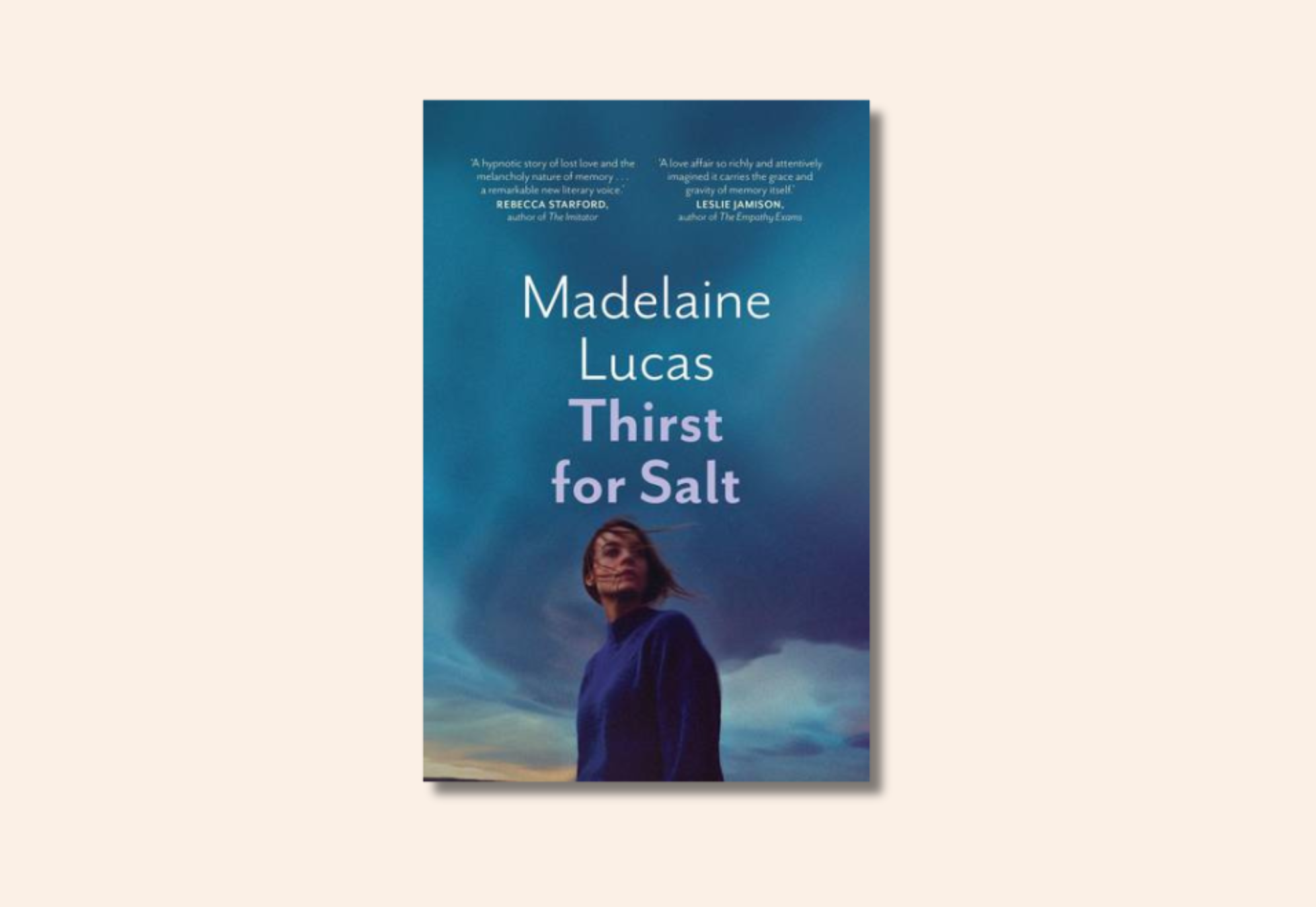

Thirst for Salt by Madelaine Lucas
This mesmerising and melancholy debut tells the story of a young woman on holiday with her mother in an isolated Australian coastal town. There she meets an older man and begins losing herself in the simple, seductive rhythms of his everyday life. Poetic and emotionally astute, Thirst for Salt is a quietly told story of desire and its complexities. Best read on holidays while in a deeply pensive mood. — Laura
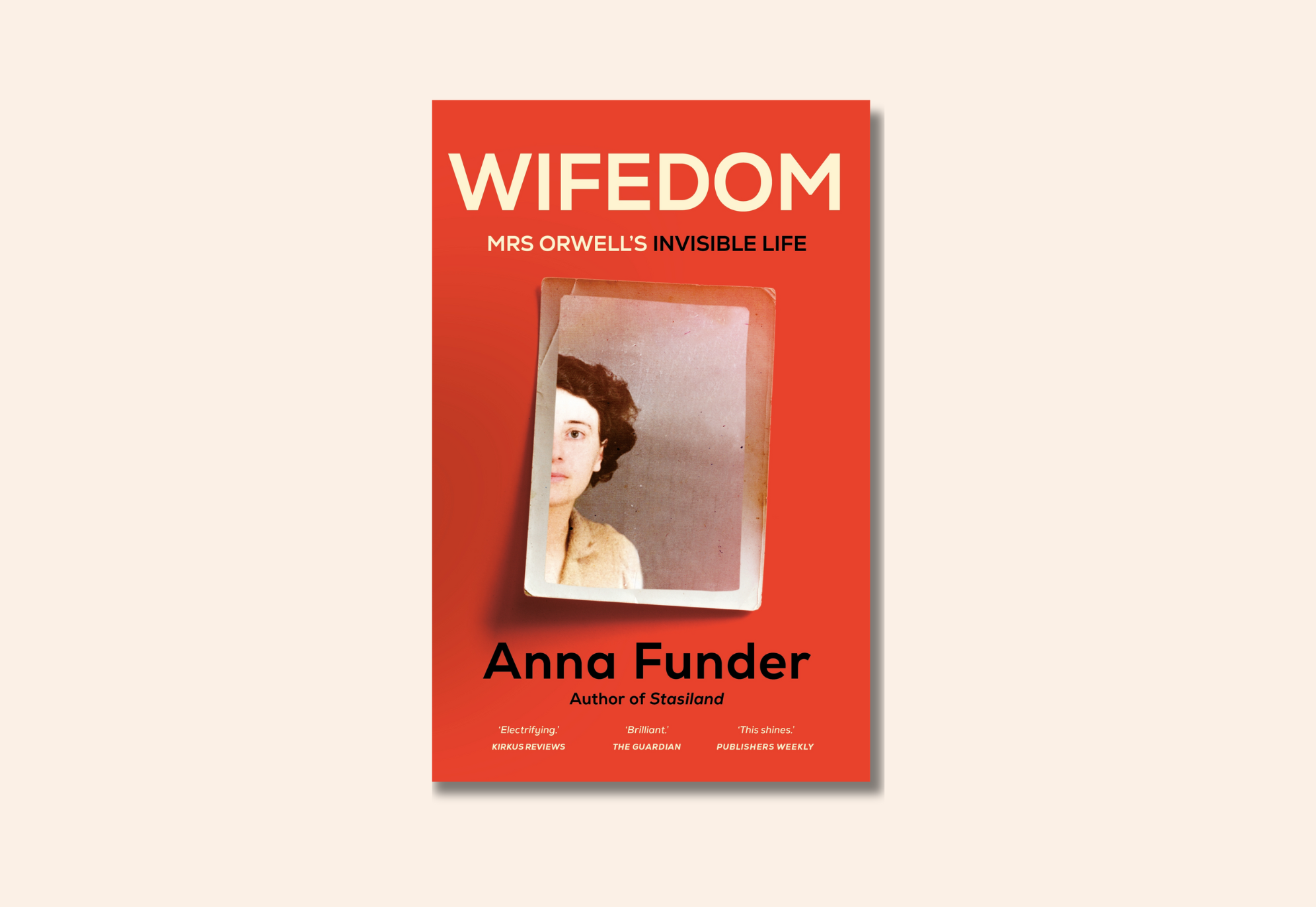

Wifedom: Mrs Orwell’s Invisible Life by Anna Funder
If your book club hasn’t read Wifedom yet, I guarantee you they will soon. One of those books you must discuss after reading, Anna Funder has crafted an intelligent and gripping resurrection of Eileen O’Shaughnessy—George Orwell’s forgotten wife—while writing more generally about the unsung work of women everywhere. Equal parts infuriating and inspiring. — Laura
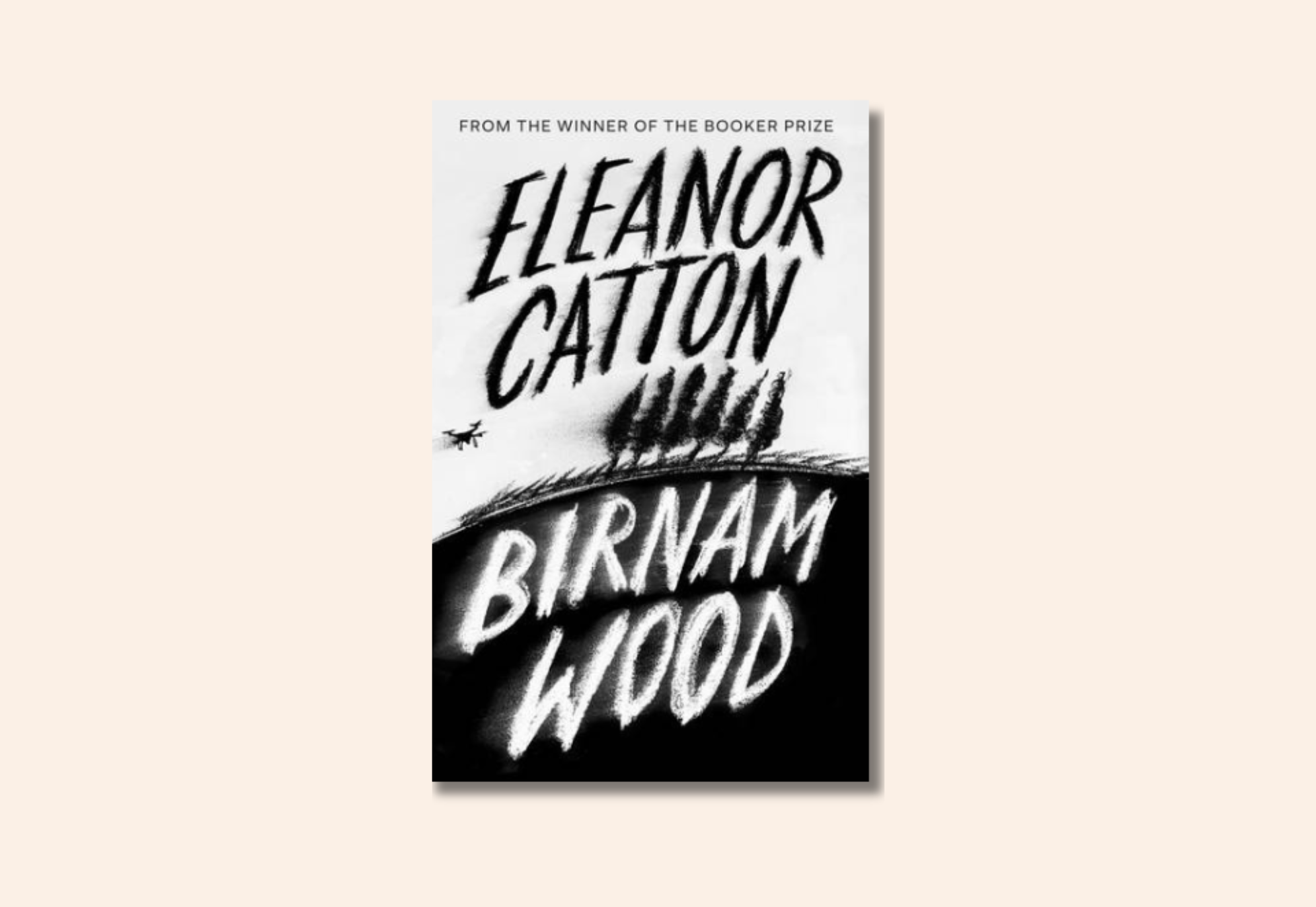

Set in an isolated village in New Zealand’s south island, this beautifully written novel has stayed with me long after reading. Protagonist Mira Bunting is the founder of an eco-activist collective, Birnam Wood, which establishes a guerrilla gardening project on land belonging to a shadowy billionaire who turns out to be an arch baddie (no surprises there). Yes, it veers into a tale of good (eco warriors) versus bad (rich tech bros), but it’s also smartly satirical about do-gooding climate warriors, businesspeople, politicians et al, making you smile even as the plot speeds up towards its sticky end. — Felicity
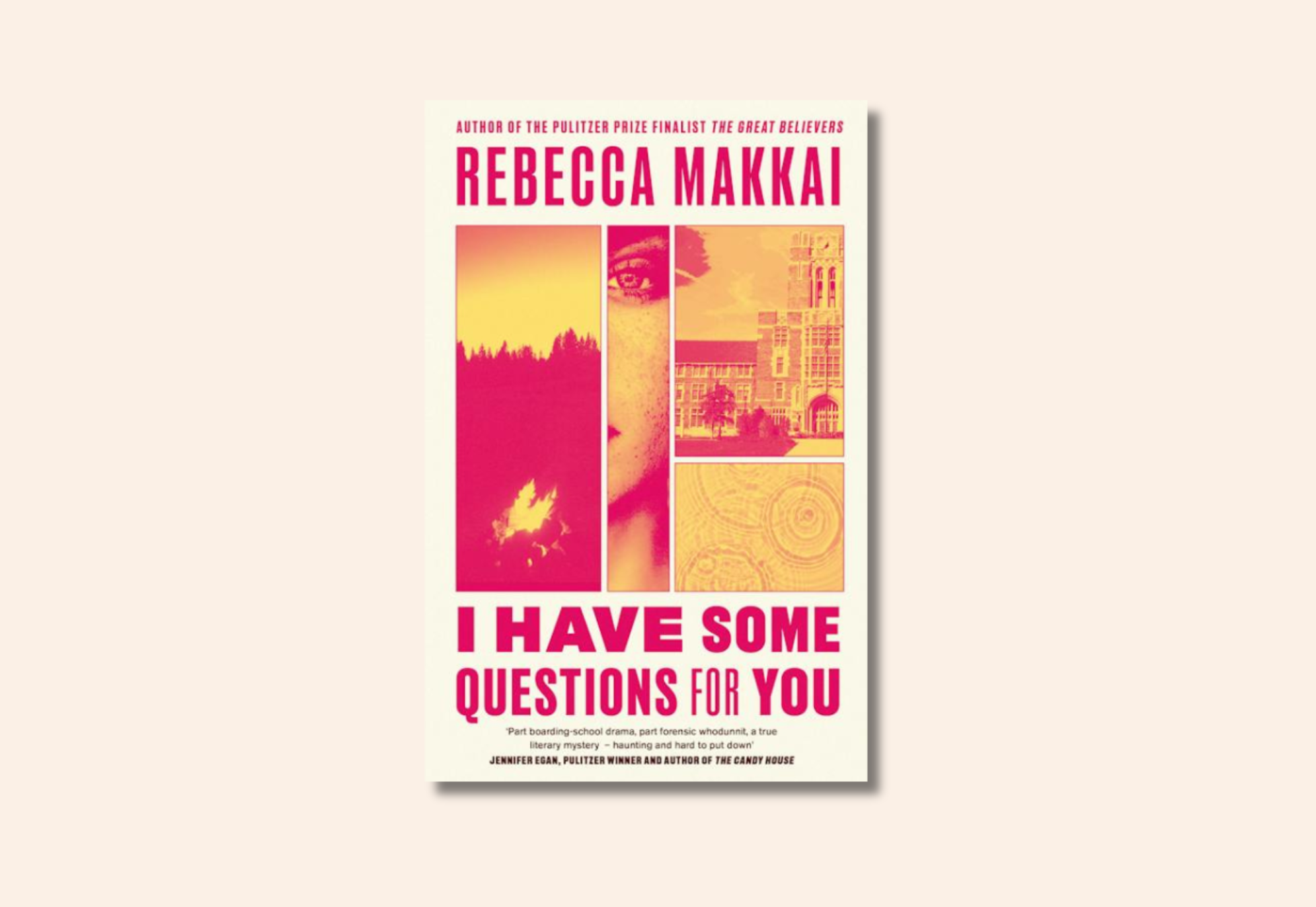

I Have Some Questions For You by Rebecca Makkai
Prep meets The Secret History meets Serial in this novel about a podcaster who returns to her boarding school decades after a classmate was murdered to rehash the crime. As well as a suspenseful whodunit plot, Makkai offers razor-sharp commentary on Me Too, cancel culture, racial profiling, carceral injustice, violence against women, and our cultural obsession with true crime. That she can interrogate such big topics and never come off as heavy-handed and always deliver on irresistible storytelling is a testament to her ability as a writer. — Laura
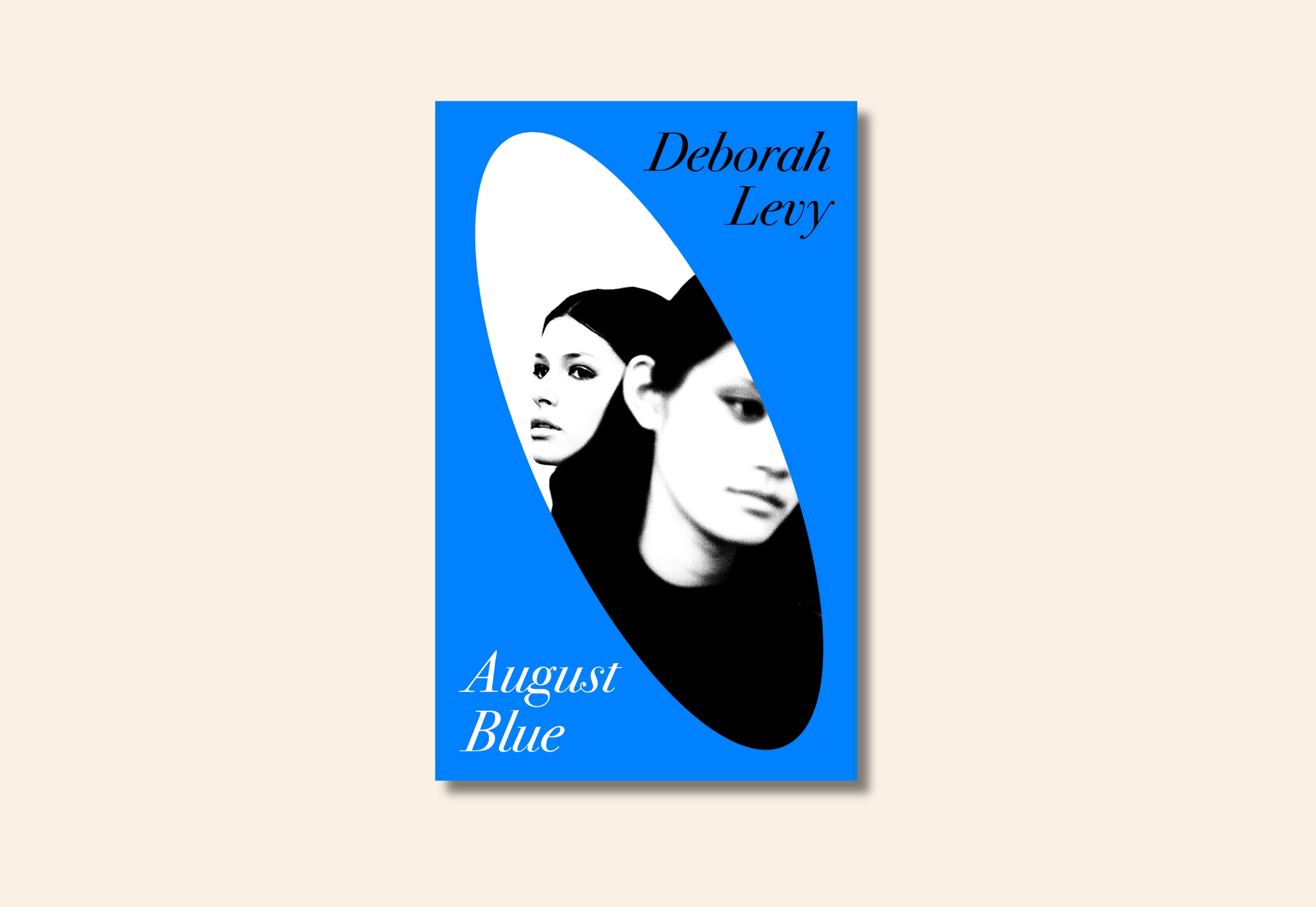

From the twice Booker-shortlisted author of Hot Milk and Swimming Home, August Blue follows a piano virtuoso named Elsa who briefly encounters what she thinks of as her double while visiting a flea market in Athens. What follows is a search across Europe both for the woman and Elsa’s search for self amidst a global crisis (yes, it’s a COVID novel but don’t let that put you off). Exploring themes of agency, love and art, Levy has written a mesmerising portrait of melancholy and metamorphosis. — Laura
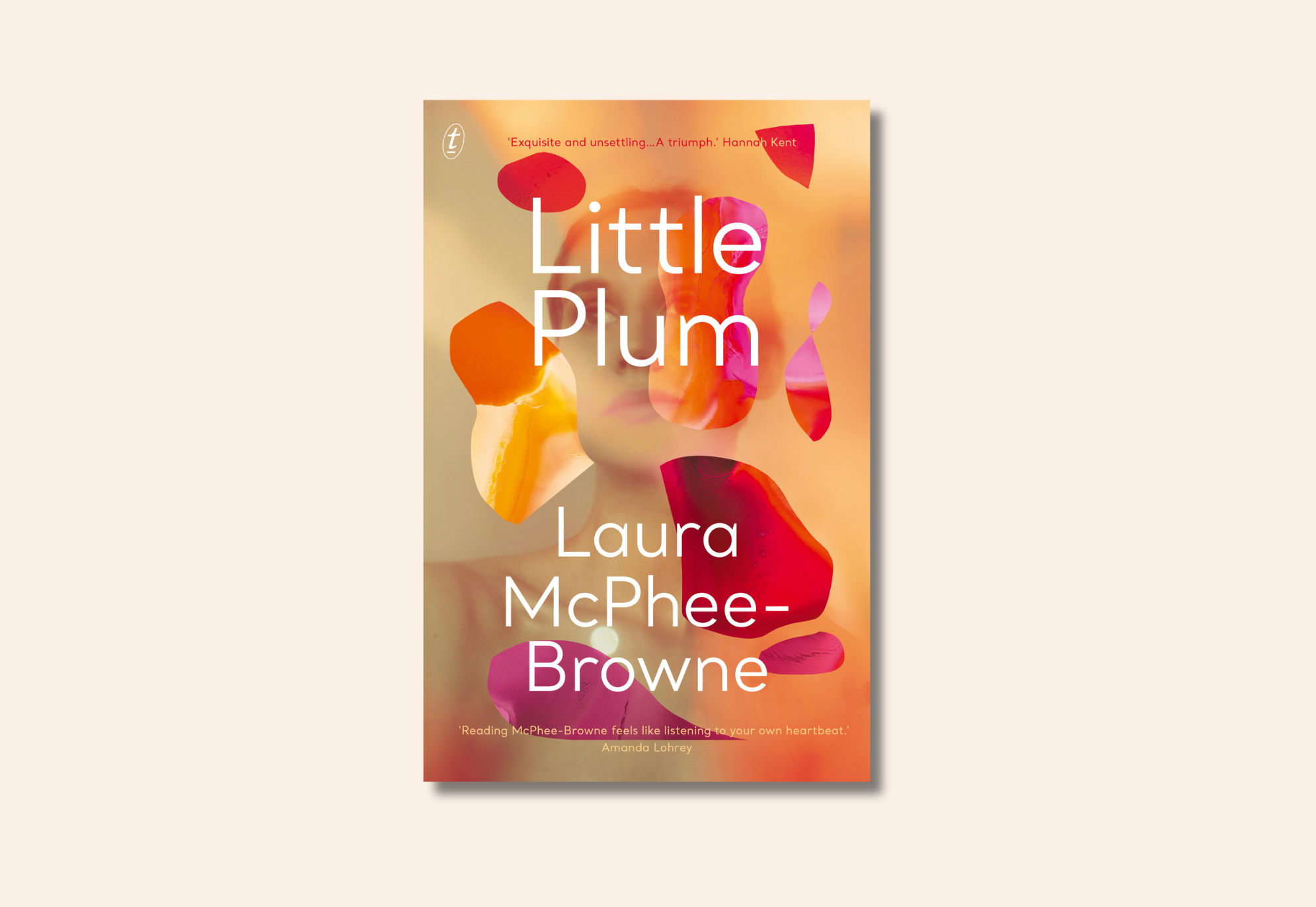

Little Plum by Laura McPhee-Browne
Not everyone is up for a novel about motherhood and mental illness, but Little Plum by Laura McPhee Brown is the kind of book you will swallow whole in one afternoon. It is a quiet, short novel that offers a perspective on motherhood that is rarely told – but McPhee Browne’s experience as a social worker makes this an illuminating and original read. — Anna
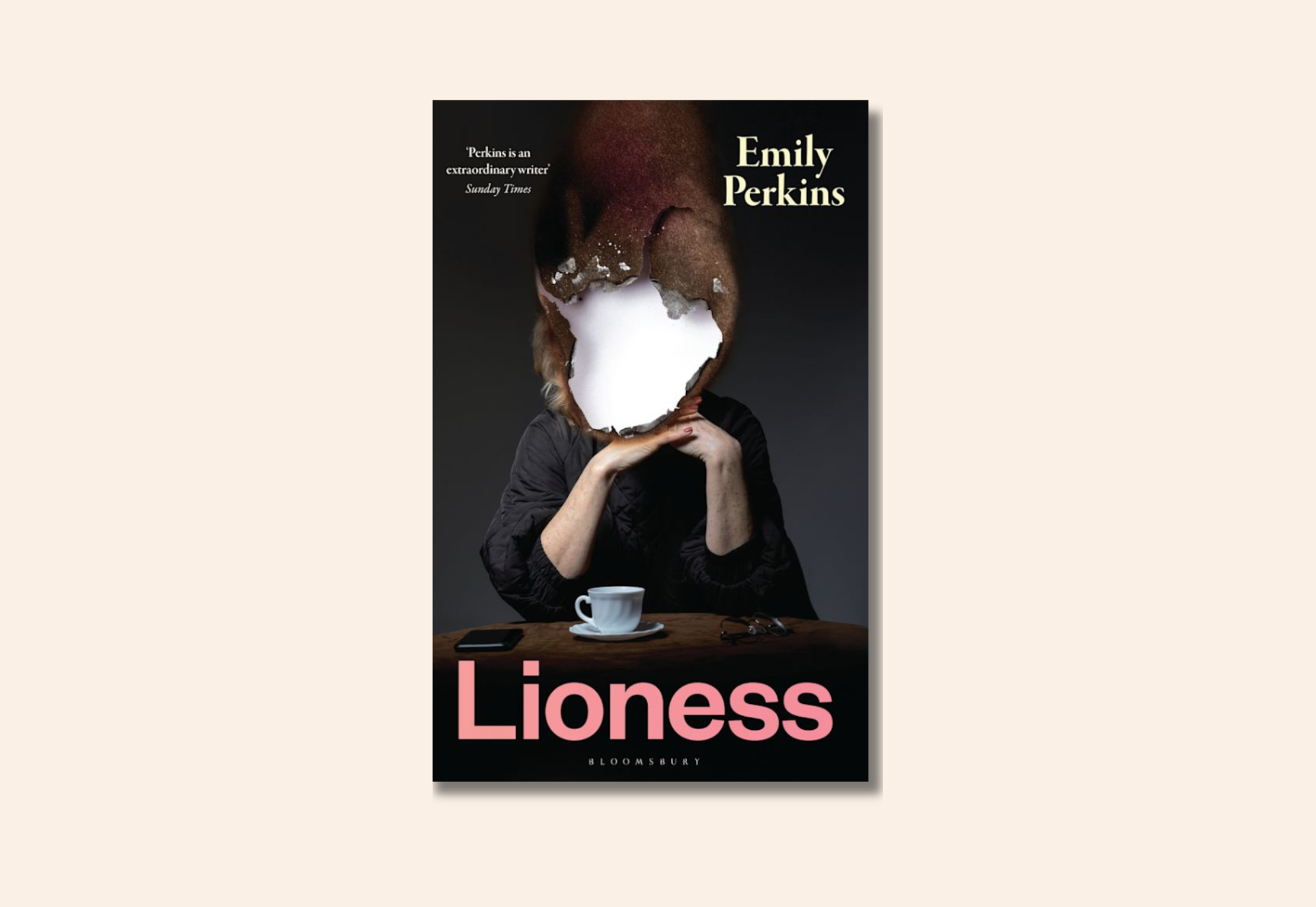

Exploring power, privilege, family wealth and female frustration, Lioness tells the story of one woman’s mid-life awakening after her husband’s dodgy business deal threatens to upturn their comfortable life. Intelligent and seductive, Lioness will elicit as much contemplation about capitalism and the failures of feminism, as it will furious page-turning. — Laura
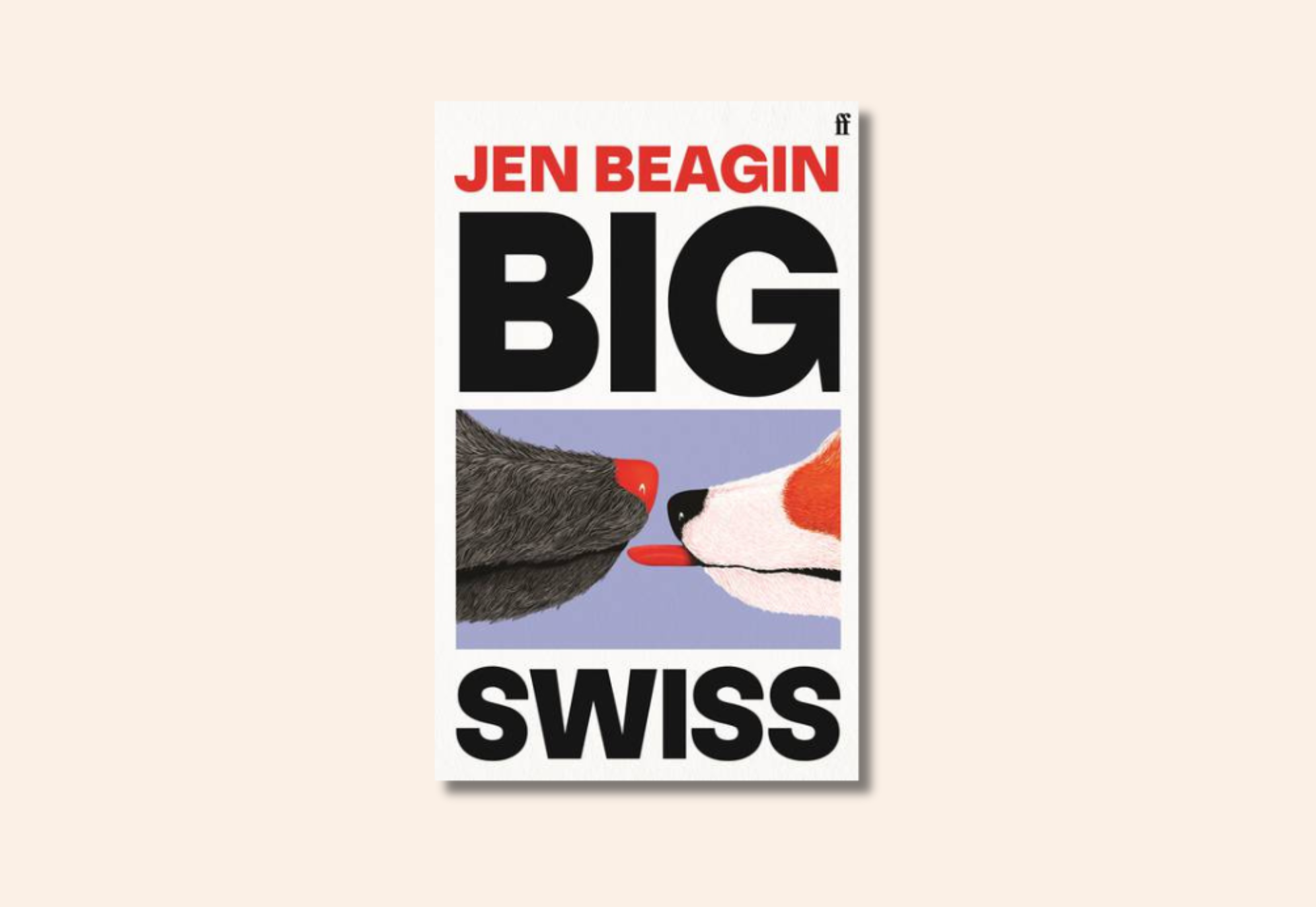

A madcap tragicomedy that deals with therapy, bees and orgasms in equal measure, Big Swiss is (somehow) a joyful book about trauma and a reassuring book about infidelity. If you enjoy Ottessa Moshfegh but just wish she’d crack more jokes and include more sex, then this book is for you. — Laura
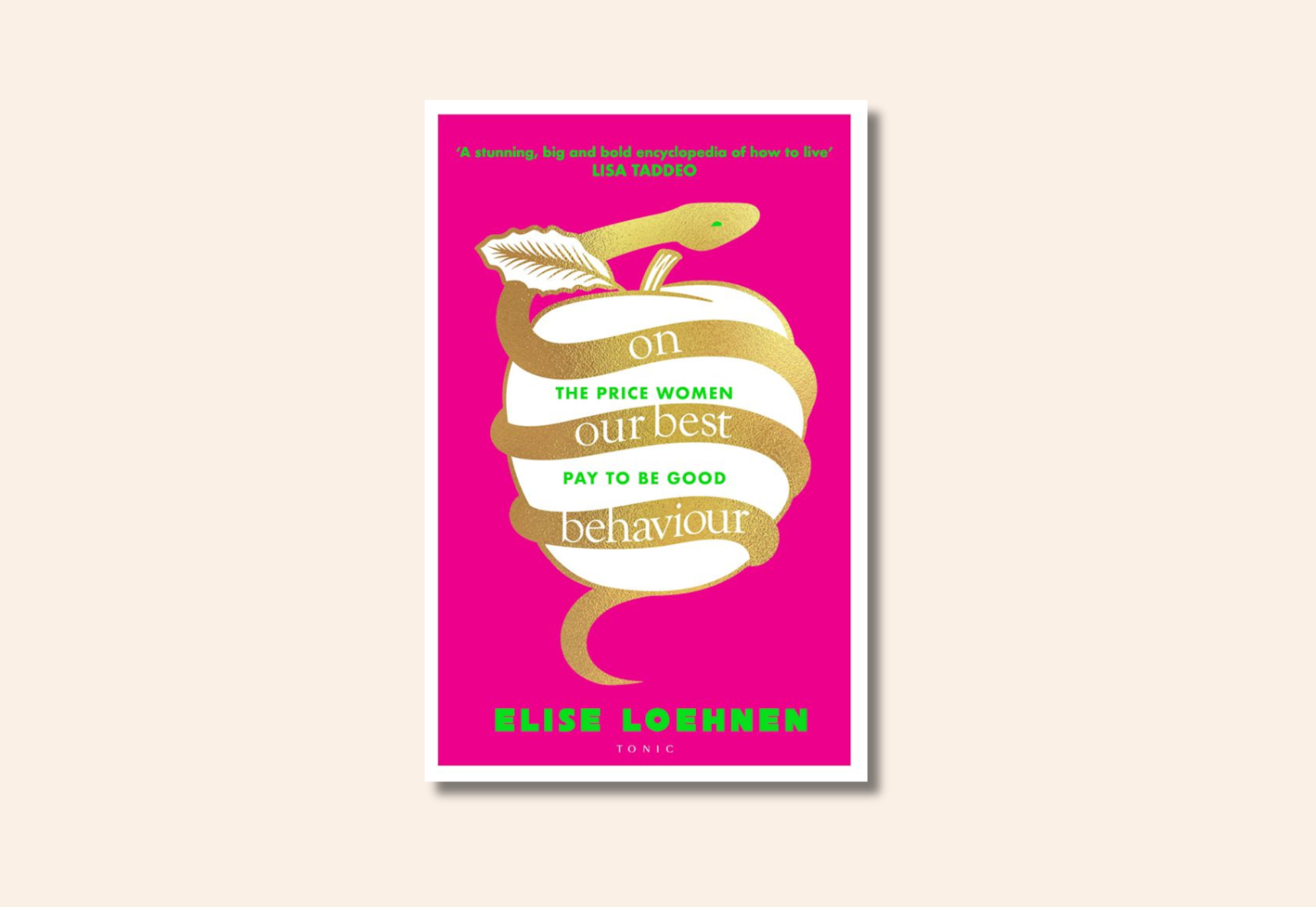

On Our Best Behaviour: The Price Women Pay to Be Good by Elise Loehnen
In this thought-provoking book, Elise Loehnen traces the myriad ways in which patriarchy has used the so-called ‘deadly sins’ to control women throughout history. But this is no dry feminist polemic; Loehnen is a popular podcaster and the former 2IC of wellness empire goop, and she sprinkles quotes from psychics and spiritualists amongst those from doctors and scientists. A deep dive into the everyday challenges faced by 30- and 40-something women, and an insightful look into the deeper societal forces at play. If you are Gen X you will feel <seen>. — Anna
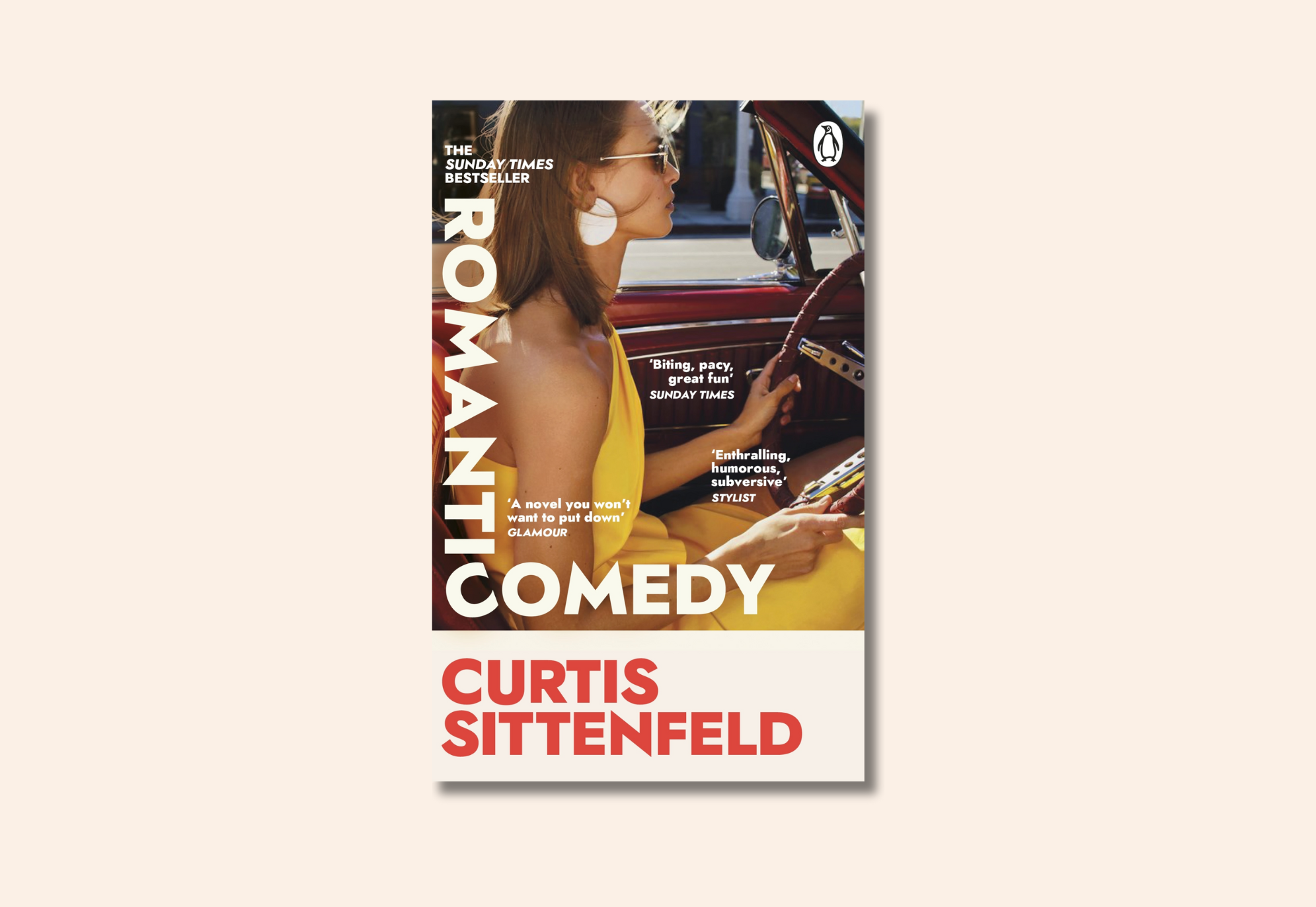

Romantic Comedy by Curtis Sittenfeld
Like everyone else on the internet, I devoured Curtis Sittenfeld’s Romantic Comedy when it published halfway through the year. Following a comedy writer (think Saturday Night Live status) who thinks she’s sworn off love until a dreamily handsome popstar flips the script on all her assumptions, the novel gives the reader everything they could possibly wish for in a smart-rom. — Laura
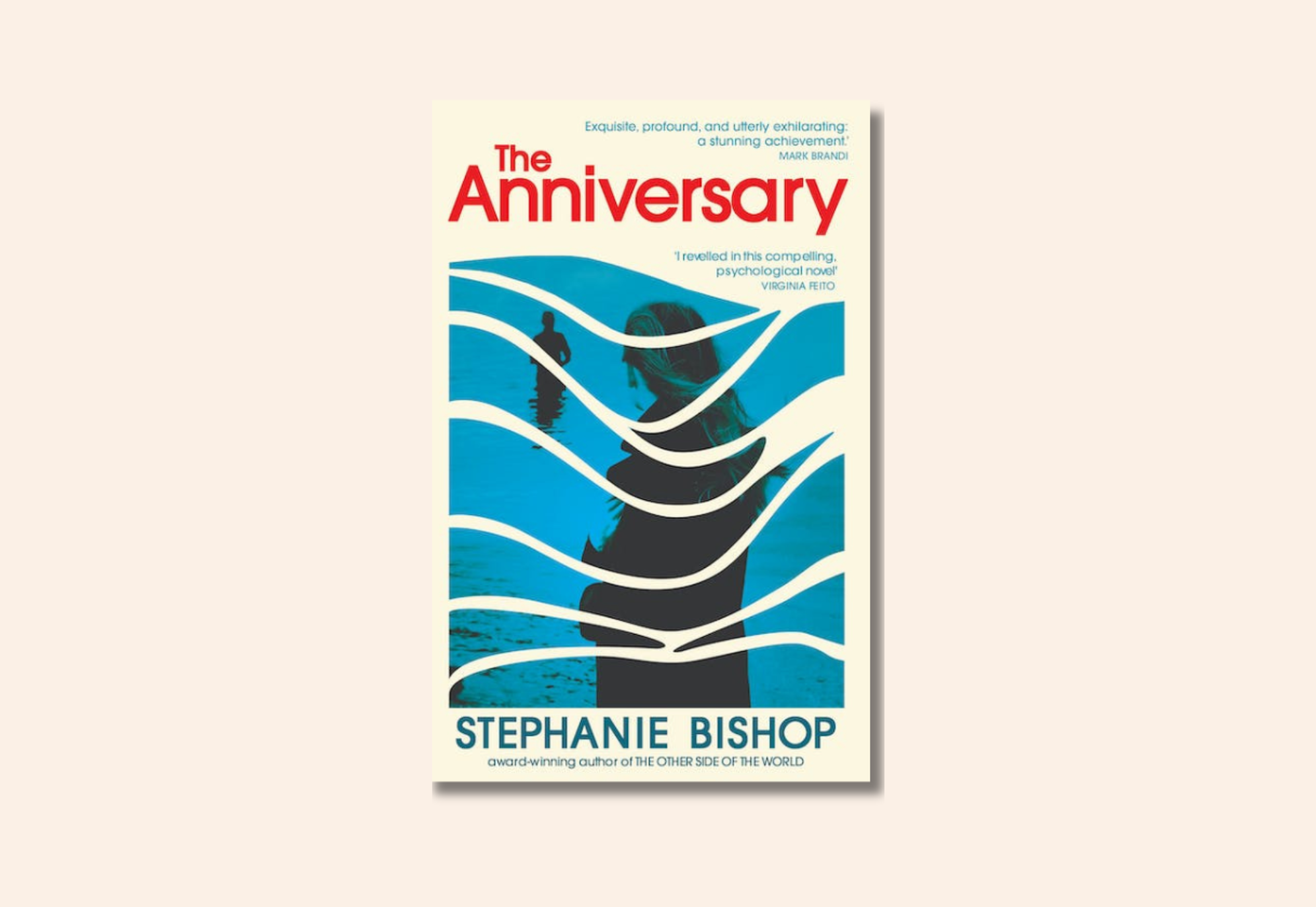

The Anniversary by Stephanie Bishop
Female writers being overshadowed by their creative husbands is a rich literary theme (see Wifedom for another recent incarnation). In this claustrophobic novel, it gets another run. Here, writer and protagonist JB Blackwood, who married her former professor, Patrick, has suffered years in his shadow, only to find herself in danger of finally eclipsing his success by winning a big literary prize. When Patrick dies suddenly, JB’s grief causes the secrets of their marriage to unspool – and they’re damning for all involved, particularly as JB reveals herself to be an increasingly unreliable narrator… — Felicity
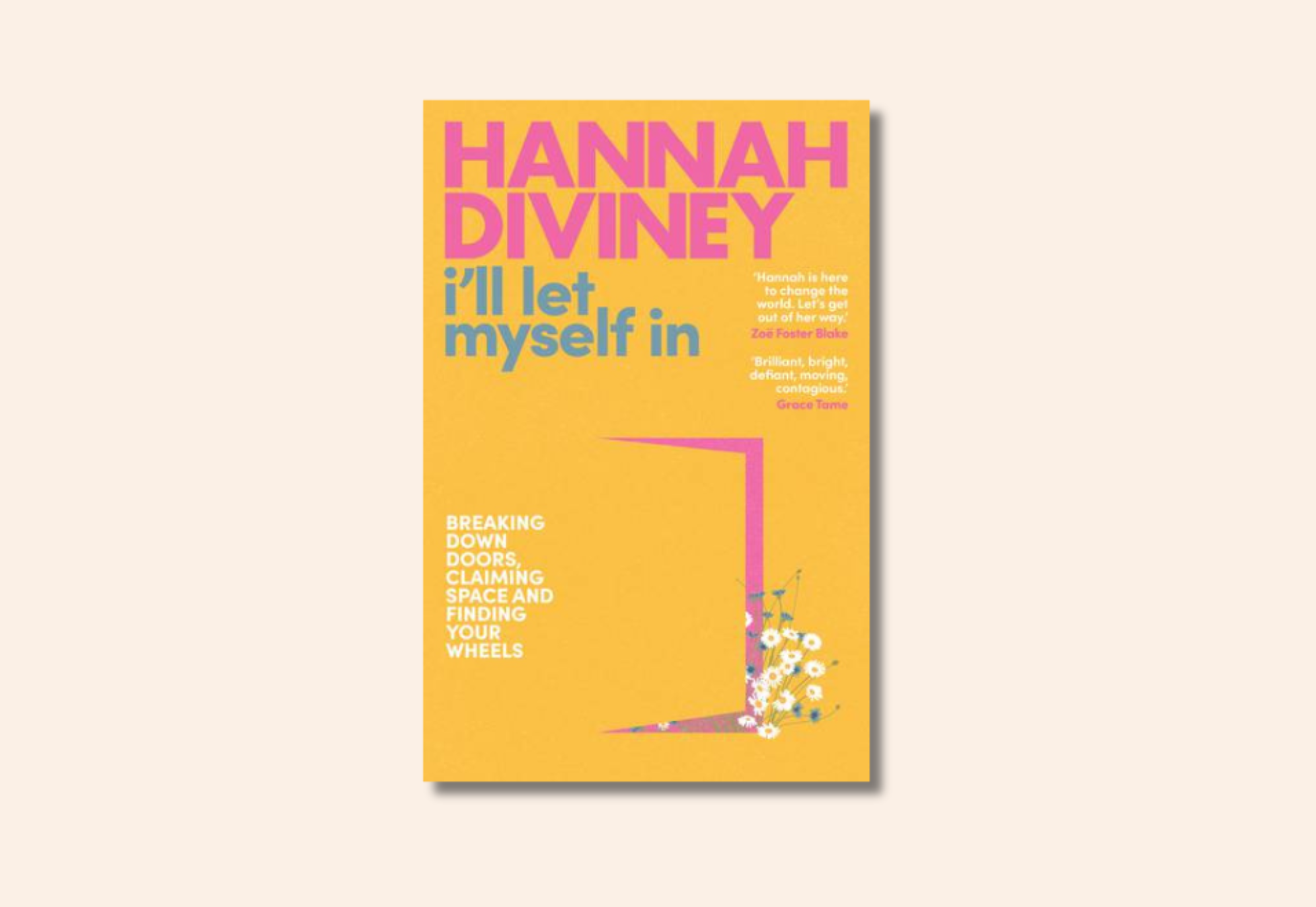

I’ll Let Myself In by Hannah Diviney
If the job of a book is to deliver a fresh perspective, then Hannah Diviney’s memoir I’ll Let Myself In delivers and then some. Diviney has cerebral palsy and I’ll Let Myself In offers an unvarnished insight into how this condition has affected her life, her body image, relationships and sense of self. At just 24, Diviney is an impressively elegant writer. — Anna
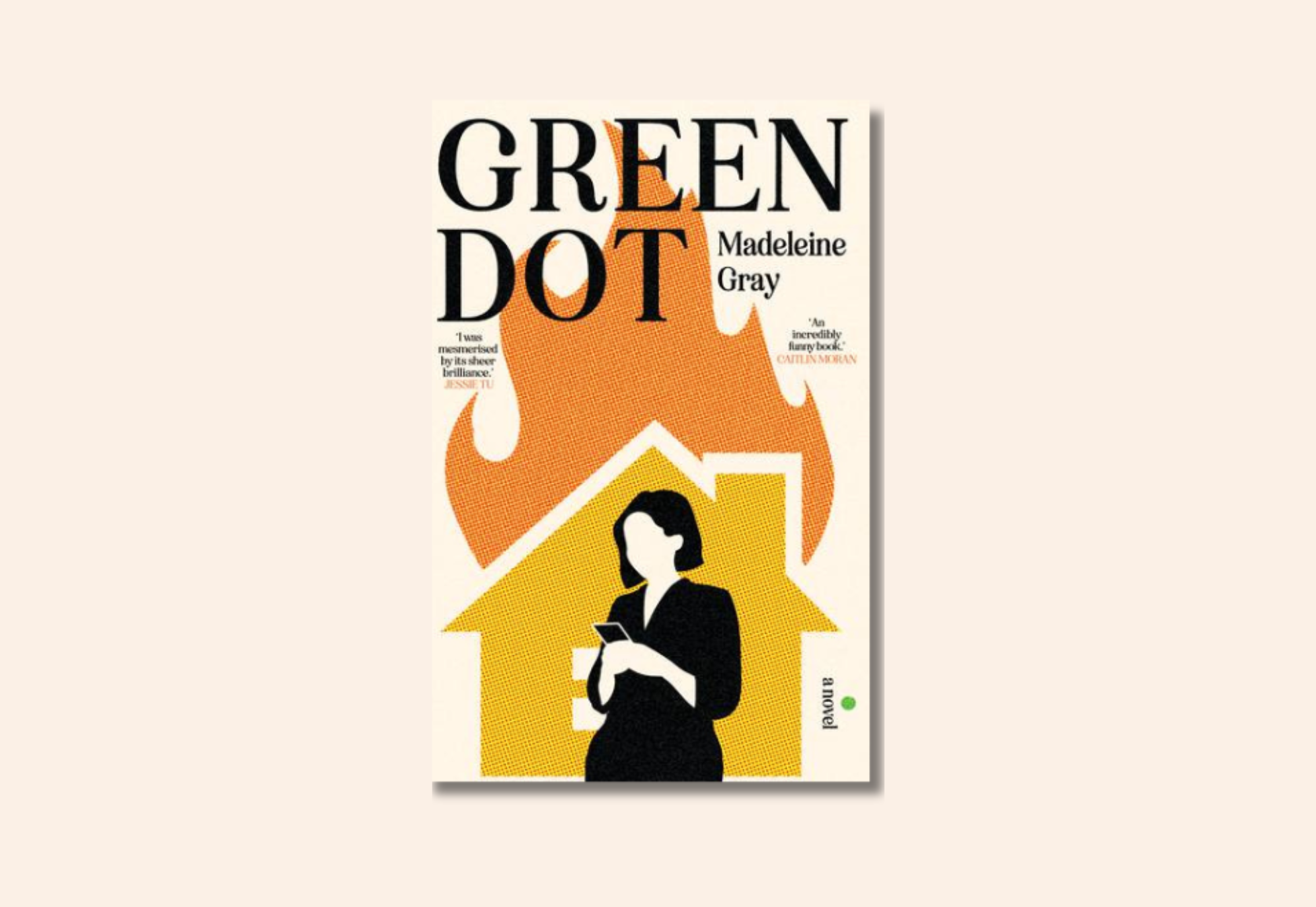

A messy love story about the allure of wanting something that promises nothing. This Australian debut follows a woman in her mid-twenties with no less than three arts degrees, who meets—and falls for—a married, middle-aged journalist while working as an online comment moderator. And if that all sounds awful, well, that’s kind of the point. Green Dot is about not being on your best behaviour. It’s about smart people making bad decisions. It’s funny and gutsy and witty, often dark, sometimes maddening, and always terribly absorbing. — Laura
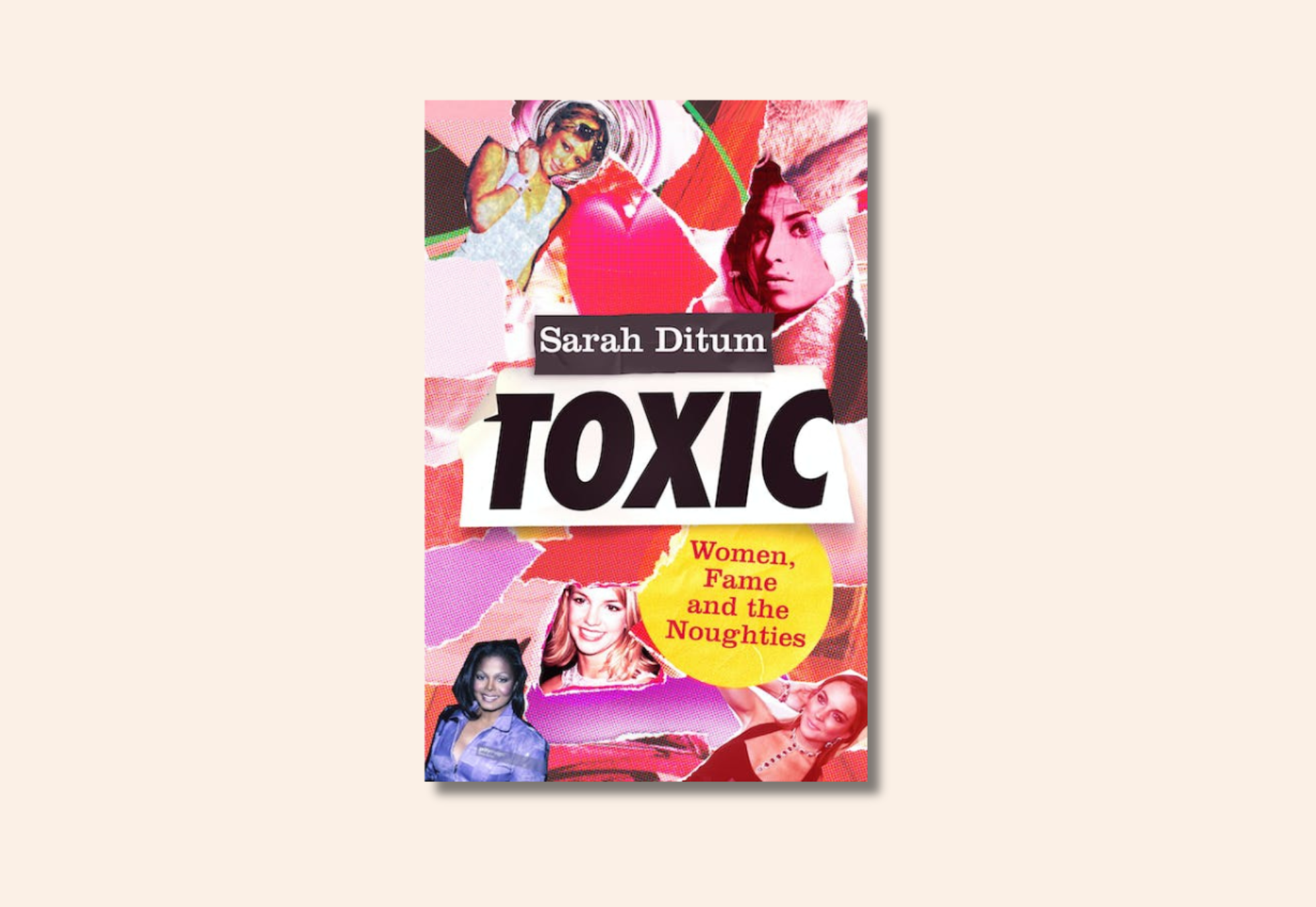

The ‘90s was a hostile time to be a female celebrity. There was upskirting, US Weekly, and a tabloid culture that fed on female misery and self-hatred. In Toxic, Sarah Ditum looks at the ways in which Britney, Paris, Lindsay and more were betrayed by the media – and society at large – and offers some much-need context into their lives. Guaranteed to have you viewing the ‘90s in an entirely new light. — Anna
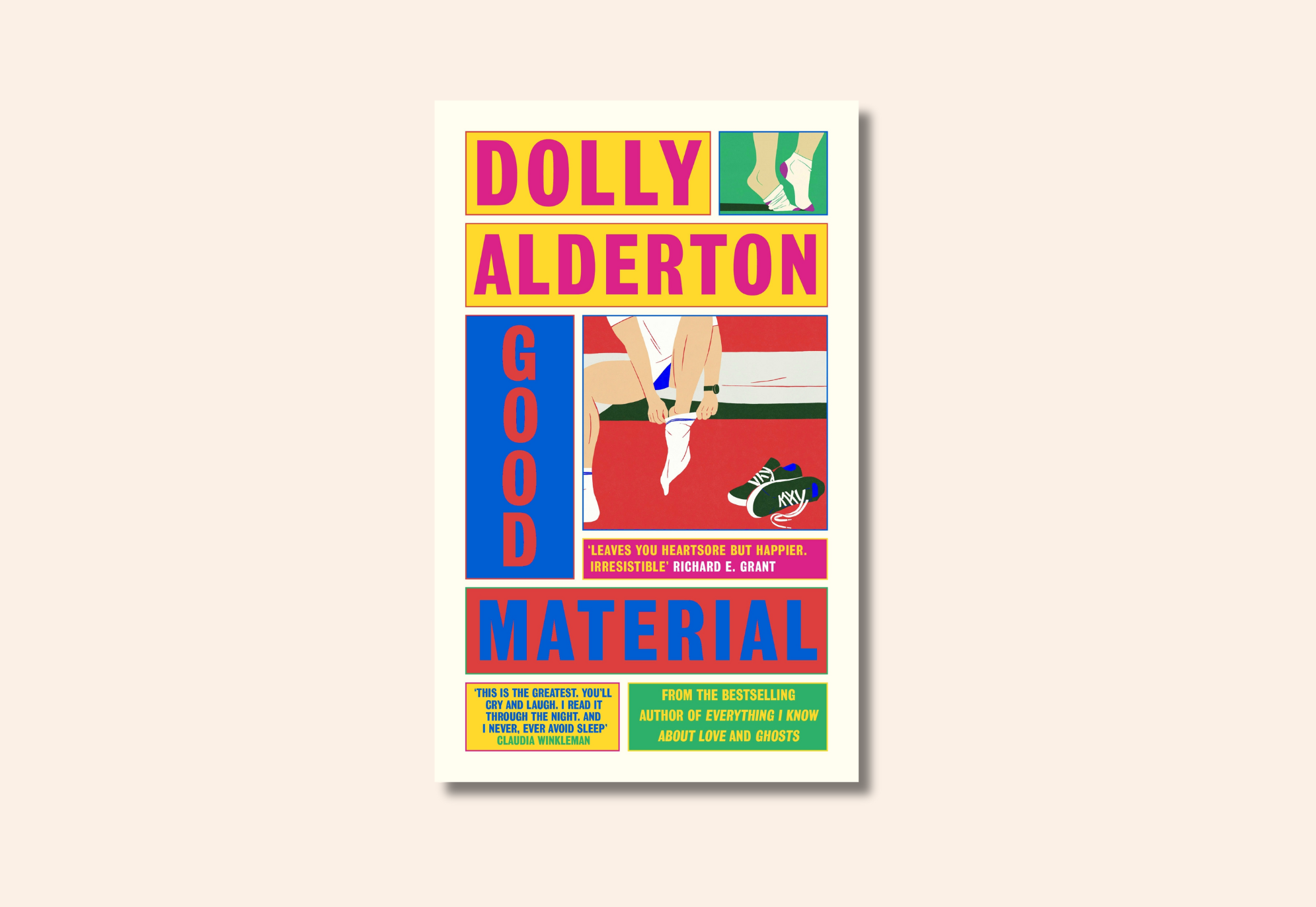

Good Material by Dolly Alderton
British writer Dolly Alderton flips the script on the break-up book by making her narrator not some Bridget Jones type with permanently smudged mascara and a penchant for gulping wine, but a man named Andy. A man who, post-break-up, visits prosecco bars at 10 in the morning and can’t stop listening to Bon Iver. Devastatingly relatable, this is a book for anyone who sees the inherent humour in heartbreak. — Laura
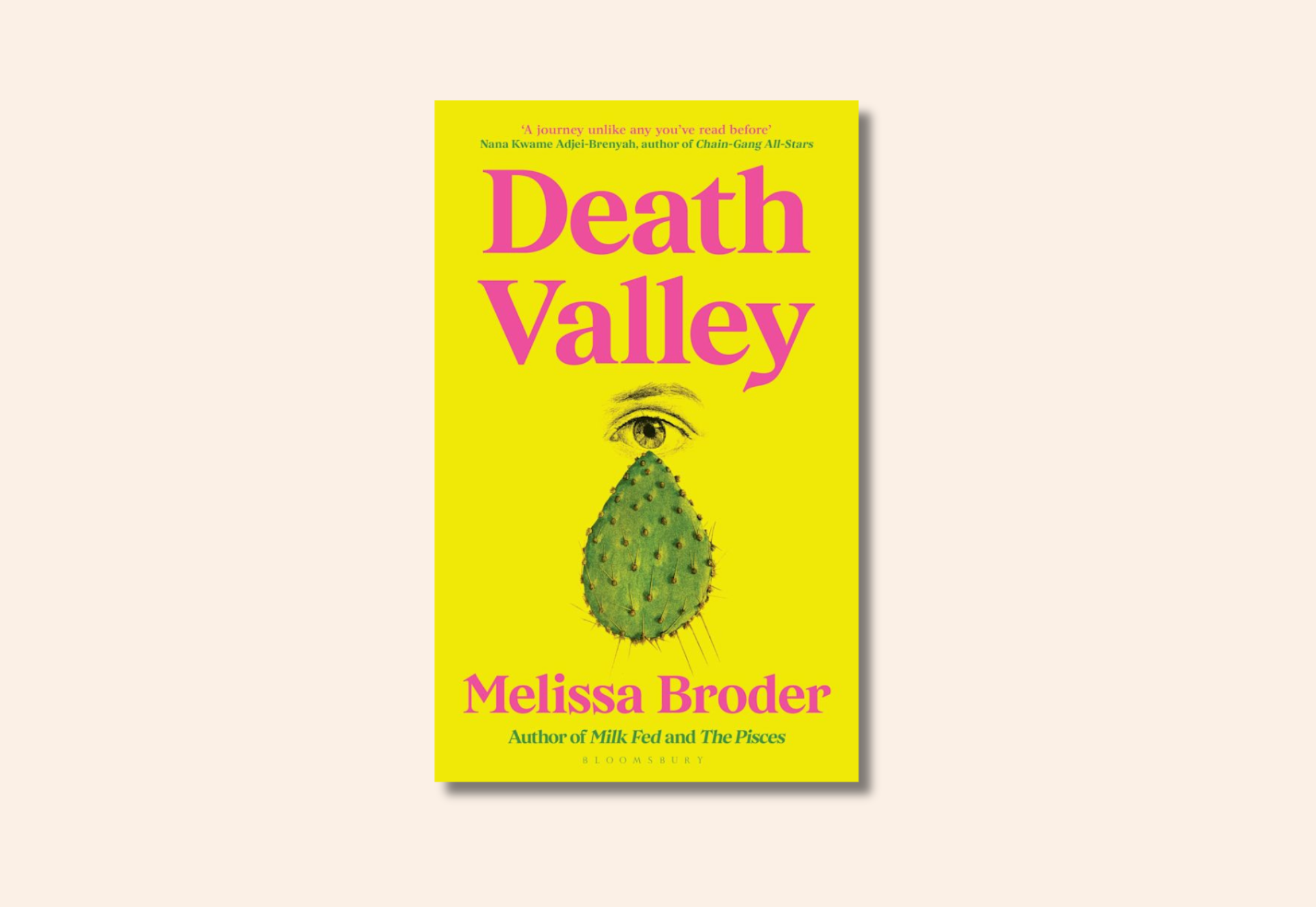

Death Valley by Melissa Broder
A book about grief, inspiration and a giant cactus by an author renowned for merman erotica… do I even need to go on? I will add that as well as being the weirdest read of the year, it was also one of the wisest. — Laura
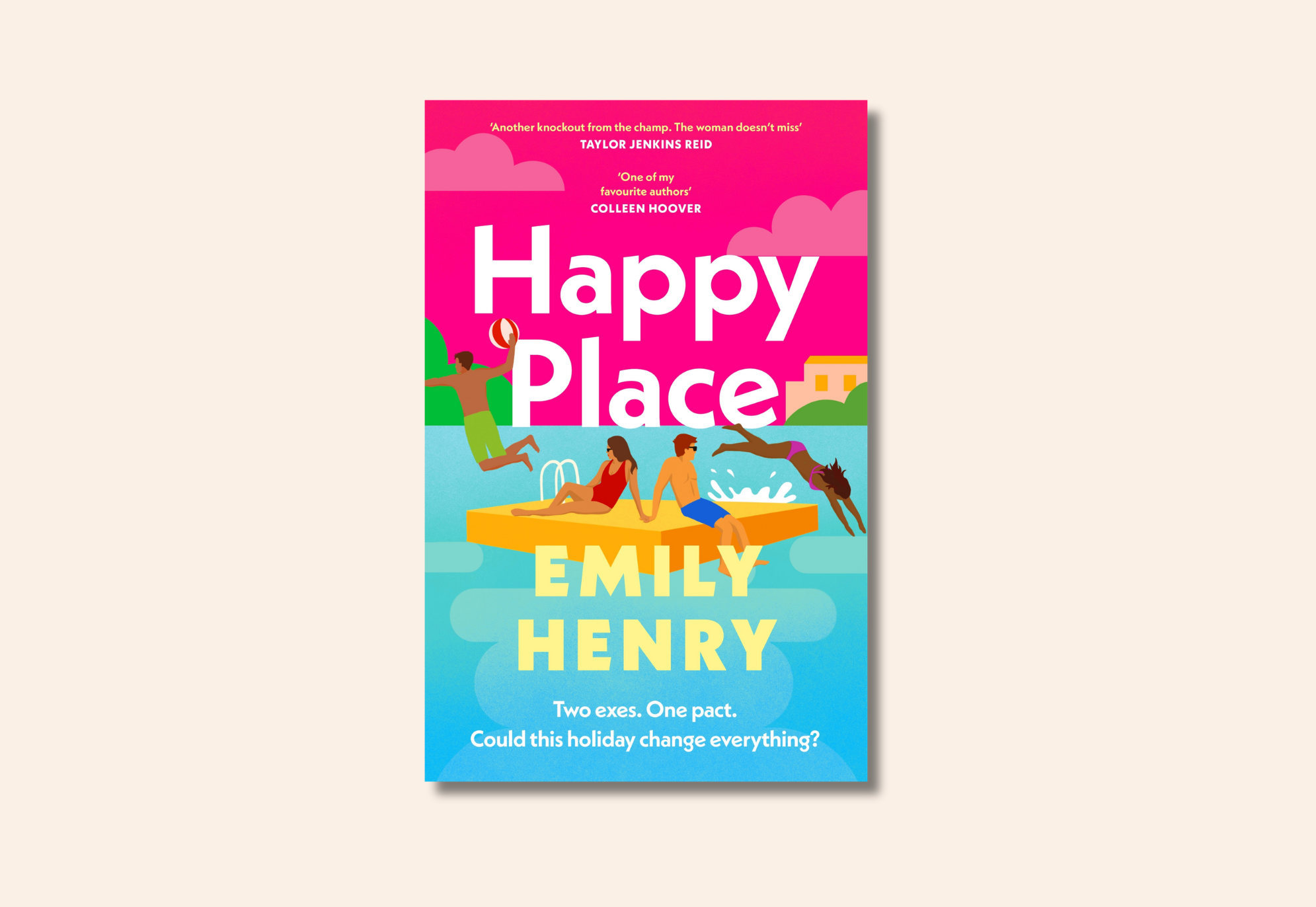

If you gave up on chick lit (or ‘rom com’ as it’s now called) in the early 2000s, this pleasant and moreish novel will remind you what you’ve been missing. In it, Harriet and Wyn – two ex-lovers – pretend to still be together for a final holiday. You can guess what’s coming, but it’s still delicious. Best read at the beach. — Anna
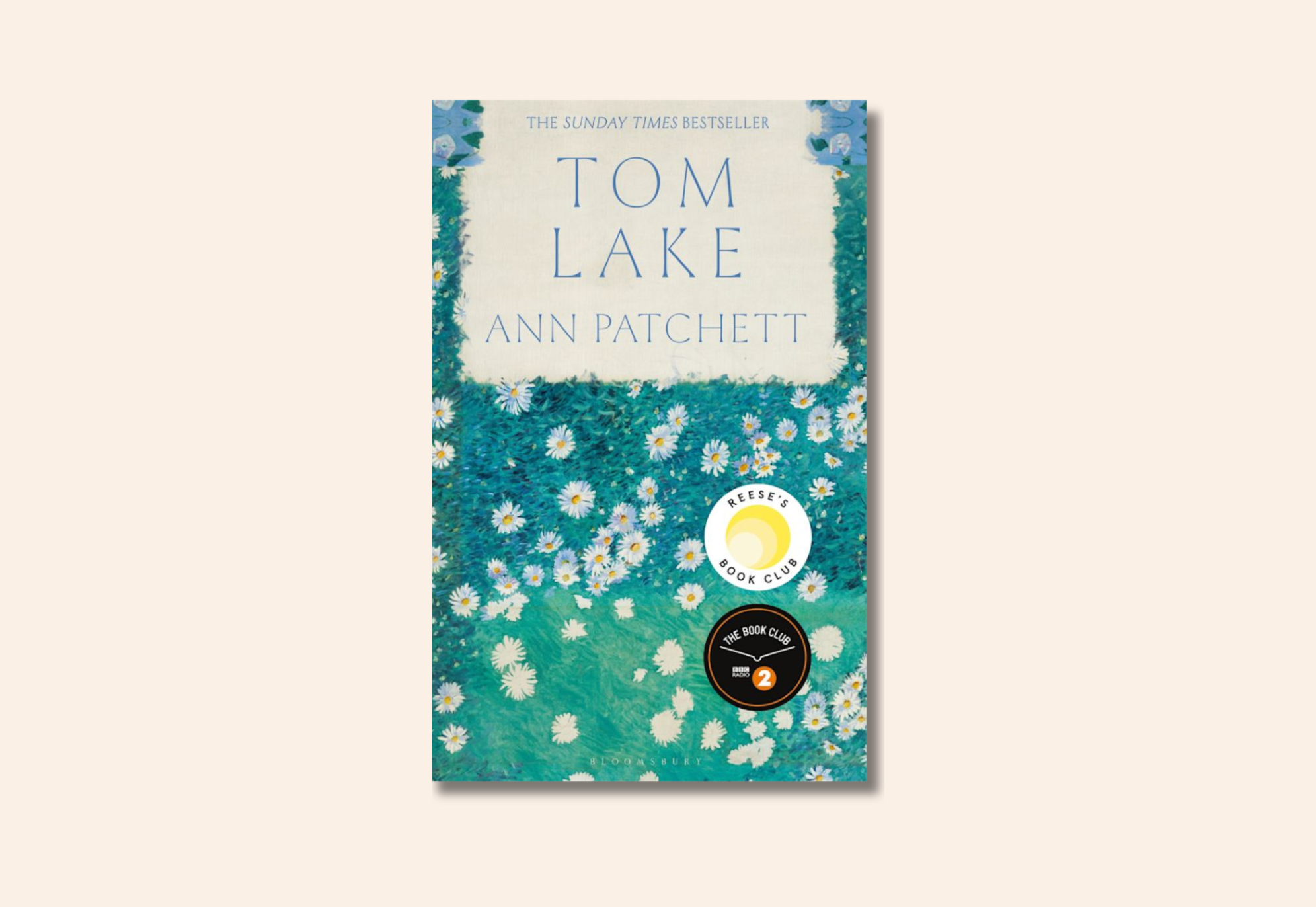

In August, I reviewed Tom Lake and declared it the loveliest book I was likely to read this year. I wasn’t wrong. Set on a cherry orchard, Ann Patchett’s latest novel is a warm and wistful, can’t-get-enough-of-it meditation on love, mothers and daughters, and the ephemerality of youth. — Laura
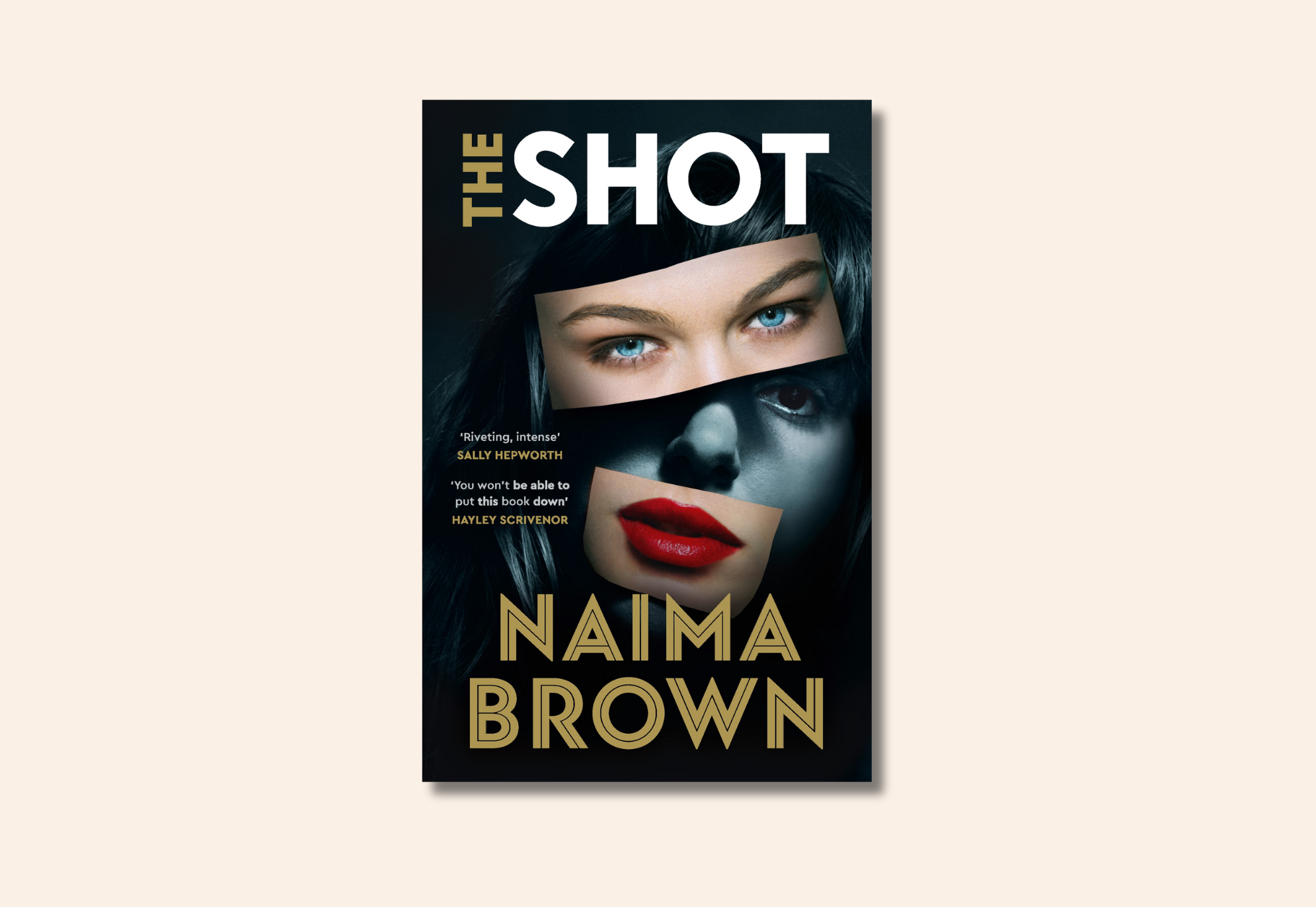

The publicists for The Shot were effusive: this is a book you have to read, they said. So, I did – despite having not read a thriller in about, oh, a decade. And I have to admit, it was compulsive. A rollercoaster read (nothing more, nothing less) written by an ex-reality TV producer. Excellent summer holiday reading material. — Anna
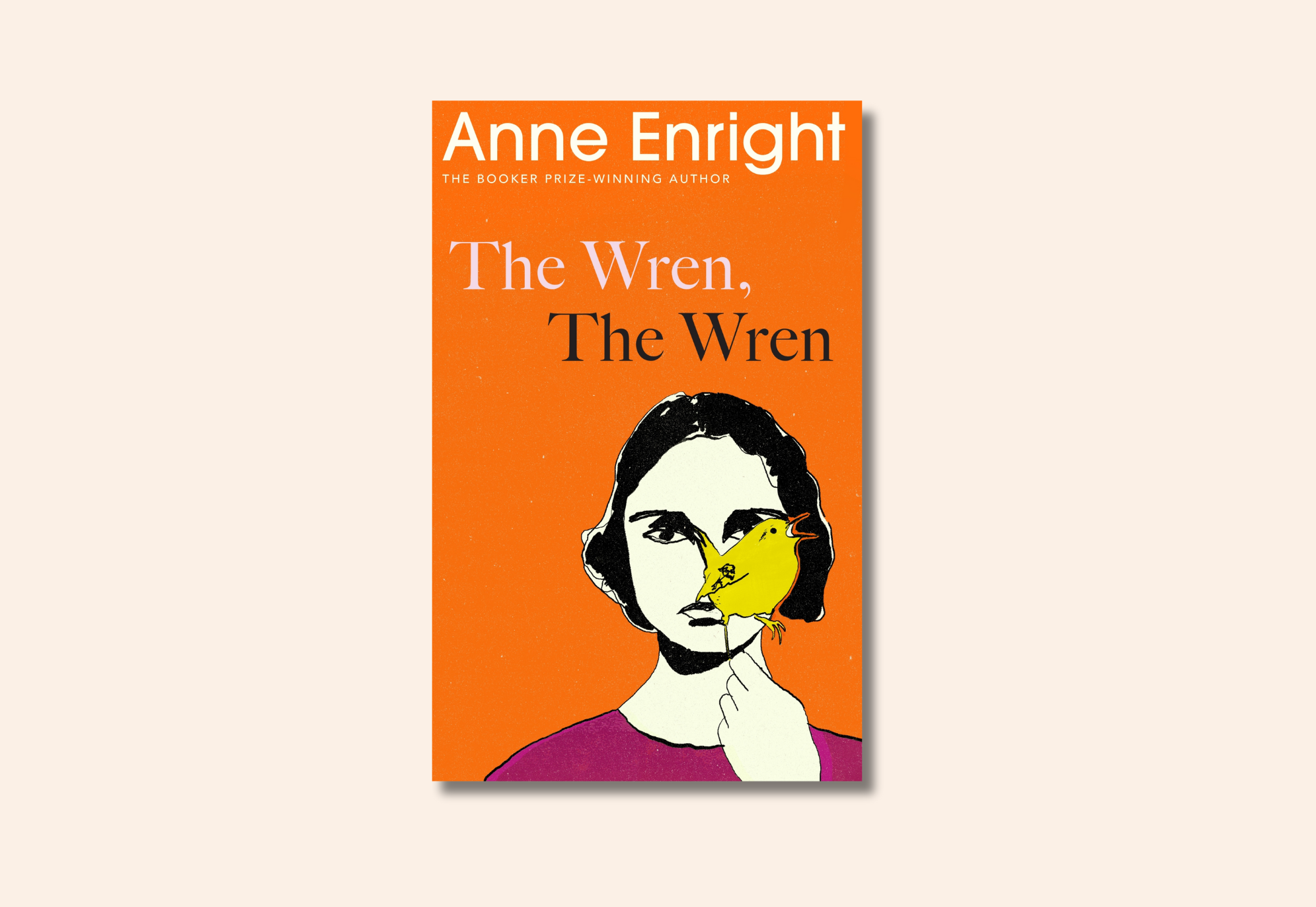

The Wren, The Wren by Anne Enright
The Booker Prize winner’s latest novel is about a monstrous male artist and the lasting impact he has on three generations of women. Enright’s ability to write complex characters and dissect the most dysfunctional of families is on full display here. Melodious, discomfiting and sometimes very funny, this is literary fiction at its finest. — Laura
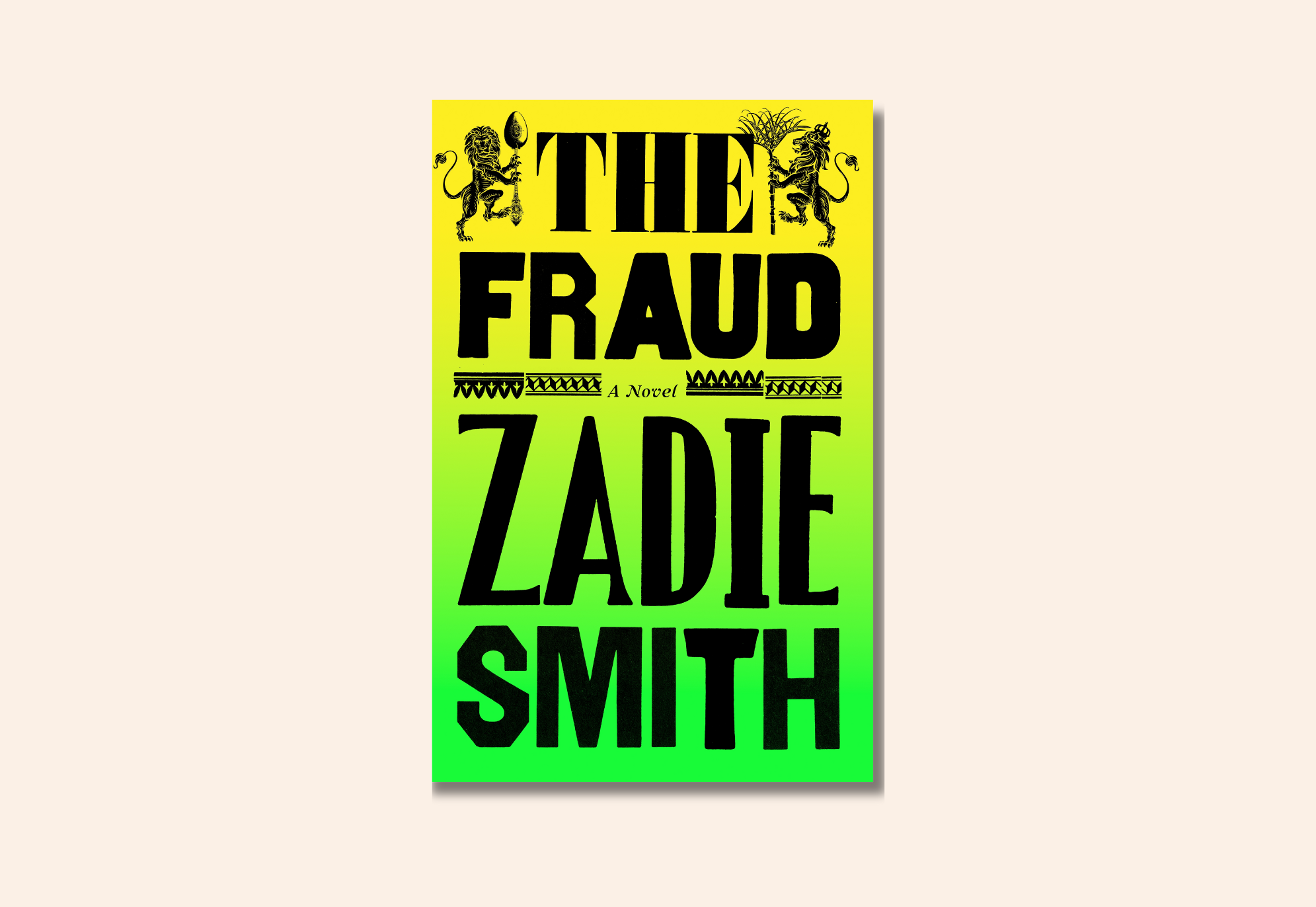

Put aside any judgements you might have about historical novels and button up your bonnet, because when Zadie Smith does historical fiction, it’s anything but dull. A kaleidoscopically brilliant story about literature, justice, class and race that made me laugh out loud at least every few pages. Smith is reckoning with her vocation and form as much as she is the moralities of Victorian England (which is a lot more fun than it sounds). — Laura
Want more stories like this? Sign up to PRIMER’s free weekly newsletter




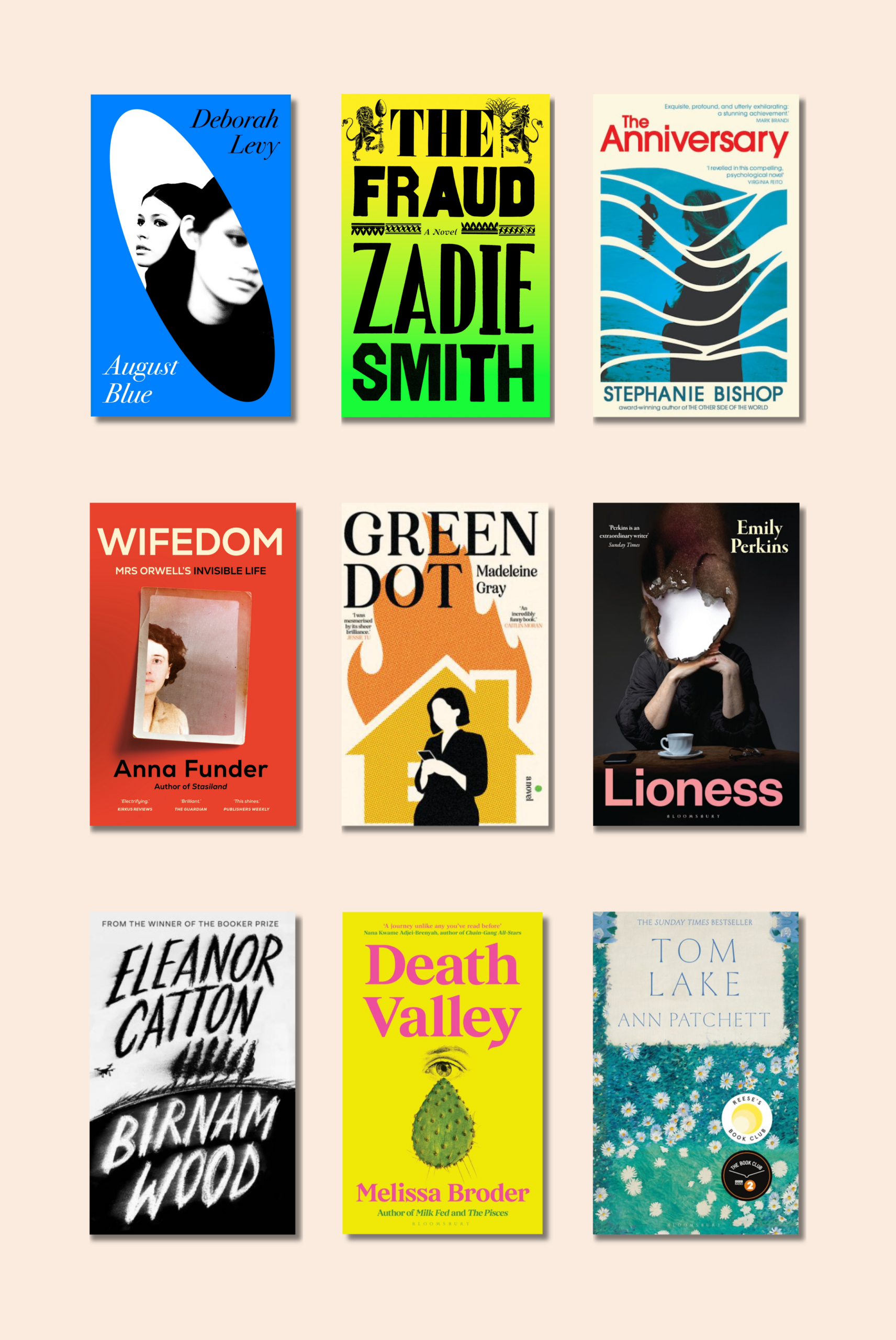

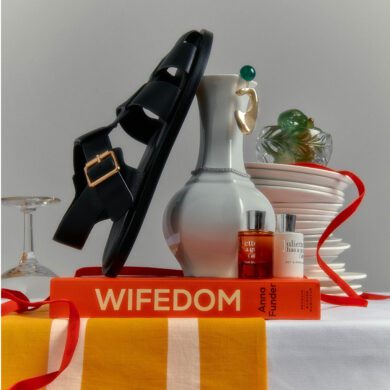
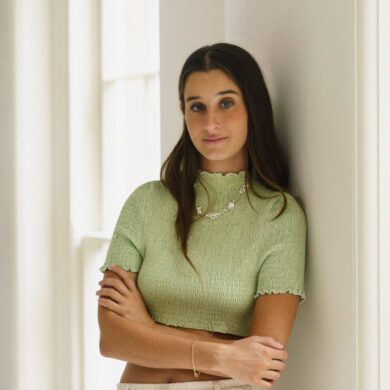
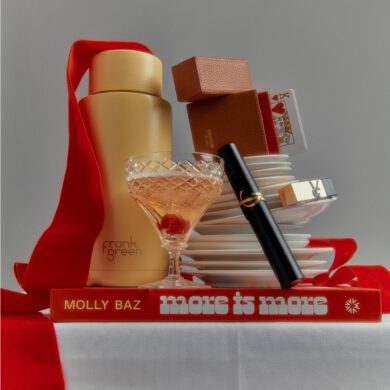
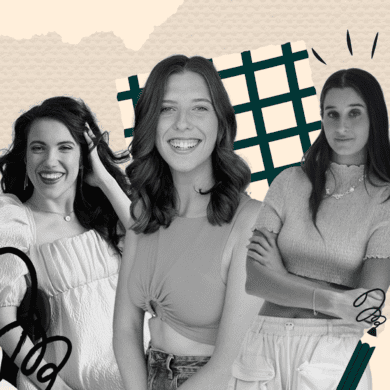
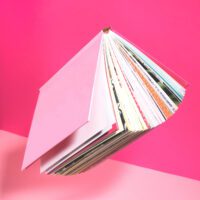
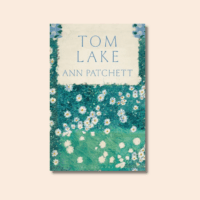
2 Comments